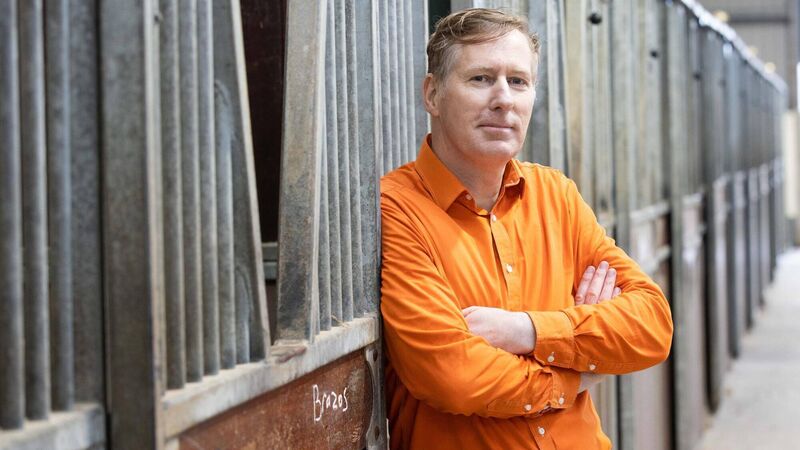Culture That Made Me: Paul Linehan of the Frank & Walters

Paul Linehan of the Frank & Walters. Picture: Darragh Kane
Born in 1967, Paul Linehan, grew up in Bishopstown, Cork. In 1989, he co-founded the Frank & Walters. He is the band’s singer and songwriter.
In 1992, the group released their debut album Trains, Boats and Planes. It includes the single ‘After All’, which they performed on Top of the Pops, becoming the first Cork band to appear on the iconic BBC show.




